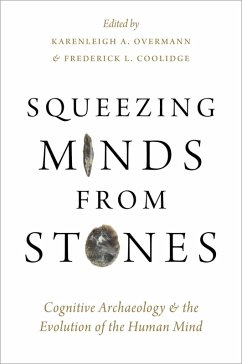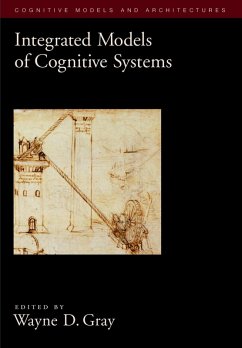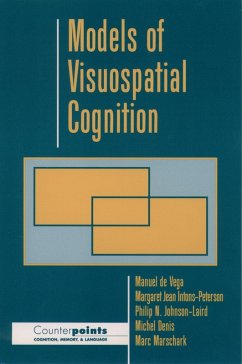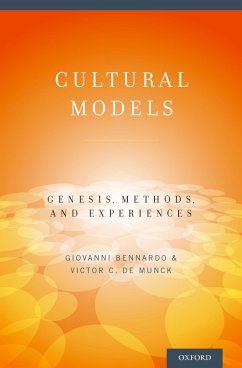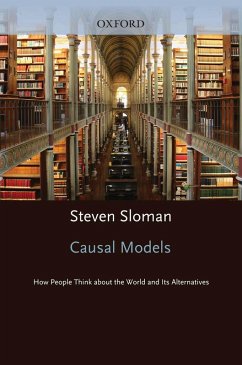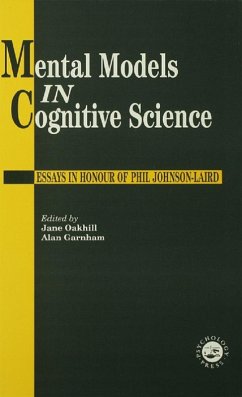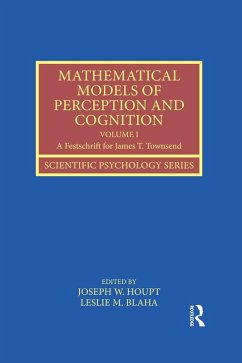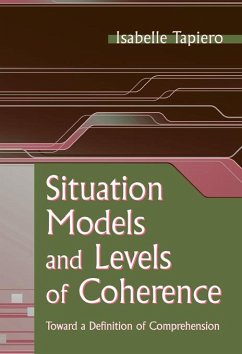
Cognitive Models in Palaeolithic Archaeology (eBook, PDF)
Versandkostenfrei!
Sofort per Download lieferbar
45,95 €
inkl. MwSt.
Weitere Ausgaben:

PAYBACK Punkte
23 °P sammeln!
How did human thought evolve into the highly complex process it is today? In the field of evolutionary cognitive archaeology, cognitive science and archaeology intersect to provide a more complete and grounded picture of the mind. With the combination of cognitive theories and archaeological evidence, this burgeoning field is only beginning to tap into the potential for a better understanding of the development of specific cognitive abilities. Cognitive Models in Palaeolithic Archaeology explores hominin cognitive development by applying formal cognitive models to analyze prehistoric remains f...
How did human thought evolve into the highly complex process it is today? In the field of evolutionary cognitive archaeology, cognitive science and archaeology intersect to provide a more complete and grounded picture of the mind. With the combination of cognitive theories and archaeological evidence, this burgeoning field is only beginning to tap into the potential for a better understanding of the development of specific cognitive abilities. Cognitive Models in Palaeolithic Archaeology explores hominin cognitive development by applying formal cognitive models to analyze prehistoric remains from the entire range of the Palaeolithic, from the earliest stone tools 3.3 million years ago to artistic developments that emerged 50,000 years ago. Several different cognitive models are presented, including expert cognition, information processing, material engagement theory, embodied/extended cognition, neuroaesthetics, visual resonance theory, theory of mind, and neuronal recycling. By examining archaeological remains, and thereby past activities and behavior, through the grounded lenses of these models, a mosaic pattern of human cognitive evolution emerges. This volume, authored by many leading authorities in the field of cognitive archaeology, will attract scholars and students of cognitive evolution and paleoanthropology, who will find a new understanding of hominin cognitive evolution and substantive conclusions about our hominin evolution as opportunities for further research.
Dieser Download kann aus rechtlichen Gründen nur mit Rechnungsadresse in A, B, BG, CY, CZ, D, DK, EW, E, FIN, F, GR, HR, H, IRL, I, LT, L, LR, M, NL, PL, P, R, S, SLO, SK ausgeliefert werden.




